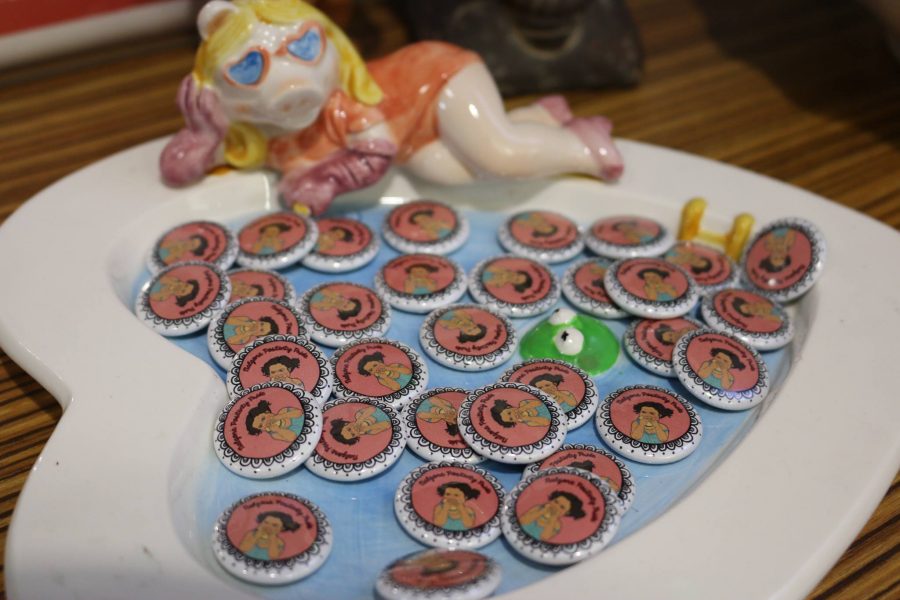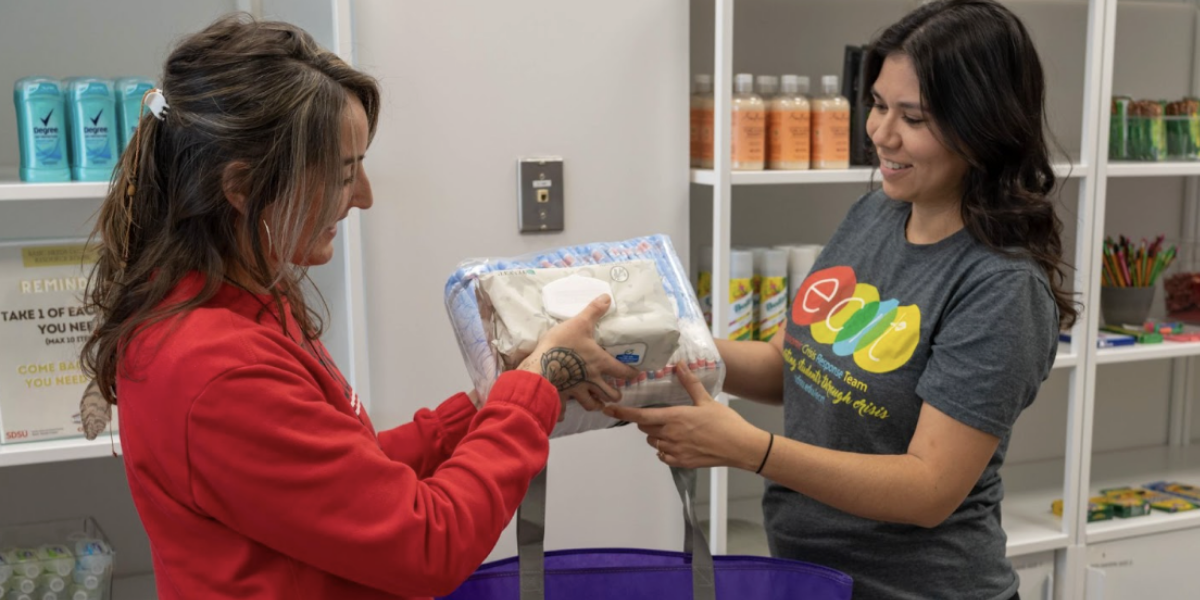A woman on a mission to decolonize body positivity visited San Diego State on April 6 to speak about her multi-platform project, Nalgona Positivity Pride, dedicated to raising awareness on eating disorders.
Coordinated by the Women’s Resource Center at SDSU, the event featured Gloria Lucas who spoke on how colonization has affected the way women of color perceive and deal with eating disorders. She said sometimes people of colors are excluded from research to find a solution.
“A lot of eating disorders stay behind closed doors and there’s very little education about it,” she said. “Just because there isn’t research doesn’t mean it doesn’t exist.”
Throughout her presentation, Lucas explained the different factors from colonization that can explain the causes eating disorders among people of color, such as sexual violence and historical trauma.
She explained how the effects of sexual crimes by colonials like rape still linger today.
“Slave owners who were committing these horrendous acts of violence had to figure out a way to justify their actions and they did so by dehumanizing black bodies,” Lucas said. “And that’s why we see it a lot in black culture, the hypersexualizing of black bodies to the point where they are not human.”
Though body image is often seen as an inner-struggle, colonization was not an individual phenomenon, Lucas explained. Millions of people suffered the effects of being denied human rights and the pain has passed down from each generation in a theory known as historical trauma.
“Trauma and stress of one generation affects the DNA material for the following generation,” she said.
Some of the characteristics of historical trauma can be depression and self-destructive behavior.
Studio art major Jamie Harrison said the event opened their eyes to the work that needs to be done to find help millions of people suffering from eating disorders.
“It’s not something we’re getting to the bottom of it, we’re still having issues and you can see that the mainstream ideal is still Eurocentric.”
Even Marcie Rojas, a graduate associate at the Women’s Center, said Lucas made her rethink how she thinks about herself.
“I think it encouraged me to keep expanding my notion of what body positive means,” she said. “It’s not just about being beautiful, but it’s also like she said, valuing our bodies and loving our bodies regardless of what that looks like.”
NPP has a strong social media following with over 37 thousand followers on Instagram and almost 4,000 sales on Etsy.







